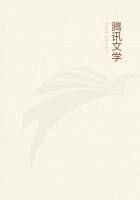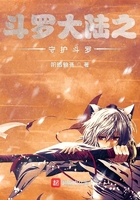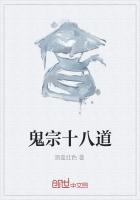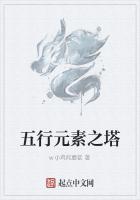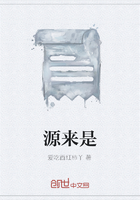And now began a long and tedious journey with which I should hardly trouble the reader if I could. He is safe, however, for the ****** reason that I was blindfolded during the greater part of the time.
A bandage was put upon my eyes every morning, and was only removed at night when I reached the inn at which we were to pass the night.
We travelled slowly, although the roads were good. We drove but one horse, which took us our day's journey from morning till evening, about six hours, exclusive of two hours' rest in the middle of the day. I do not suppose we made above thirty or thirty-five miles on an average. Each day we had a fresh horse.
As I have said already, I could see nothing of the country. I only know that it was level, and that several times we had to cross large rivers in ferry-boats. The inns were clean and comfortable.
In one or two of the larger towns they were quite sumptuous, and the food was good and well cooked. The same wonderful health and grace and beauty prevailed everywhere.
I found myself an object of great interest; so much so, that the driver told me he had to keep our route secret, and at times to go to places that were not directly on our road, in order to avoid the press that would otherwise have awaited us. Every evening I had a reception, and grew heartily tired of having to say the same things over and over again in answer to the same questions, but it was impossible to be angry with people whose manners were so delightful. They never once asked after my health, or even whether I was fatigued with my journey; but their first question was almost invariably an inquiry after my temper, the *****te of which astonished me till I became used to it. One day, being tired and cold, and weary of saying the same thing over and over again, Iturned a little brusquely on my questioner and said that I was exceedingly cross, and that I could hardly feel in a worse humour with myself and every one else than at that moment. To my surprise, I was met with the kindest expressions of condolence, and heard it buzzed about the room that I was in an ill temper; whereon people began to give me nice things to smell and to eat, which really did seem to have some temper-mending quality about them, for I soon felt pleased and was at once congratulated upon being better. The next morning two or three people sent their servants to the hotel with sweetmeats, and inquiries whether I had quite recovered from my ill humour. On receiving the good things I felt in half a mind to be ill-tempered every evening; but I disliked the condolences and the inquiries, and found it most comfortable to keep my natural temper, which is smooth enough generally.
Among those who came to visit me were some who had received a liberal education at the Colleges of Unreason, and taken the highest degrees in hypothetics, which are their principal study.
These gentlemen had now settled down to various employments in the country, as straighteners, managers and cashiers of the Musical Banks, priests of religion, or what not, and carrying their education with them they diffused a leaven of culture throughout the country. I naturally questioned them about many of the things which had puzzled me since my arrival. I inquired what was the object and meaning of the statues which I had seen upon the plateau of the pass. I was told that they dated from a very remote period, and that there were several other such groups in the country, but none so remarkable as the one which I had seen. They had a religious origin, having been designed to propitiate the gods of deformity and disease. In former times it had been the custom to make expeditions over the ranges, and capture the ugliest of Chowbok's ancestors whom they could find, in order to sacrifice them in the presence of these deities, and thus avert ugliness and disease from the Erewhonians themselves. It had been whispered (but my informant assured me untruly) that centuries ago they had even offered up some of their own people who were ugly or out of health, in order to make examples of them; these detestable customs, however, had been long discontinued; neither was there any present observance of the statues.
I had the curiosity to inquire what would be done to any of Chowbok's tribe if they crossed over into Erewhon. I was told that nobody knew, inasmuch as such a thing had not happened for ages.
They would be too ugly to be allowed to go at large, but not so much so as to be criminally liable. Their offence in having come would be a moral one; but they would be beyond the straightener's art. Possibly they would be consigned to the Hospital for Incurable Bores, and made to work at being bored for so many hours a day by the Erewhonian inhabitants of the hospital, who are extremely impatient of one another's boredom, but would soon die if they had no one whom they might bore--in fact, that they would be kept as professional borees. When I heard this, it occurred to me that some rumours of its substance might perhaps have become current among Chowbok's people; for the agony of his fear had been too great to have been inspired by the mere dread of being burnt alive before the statues.

